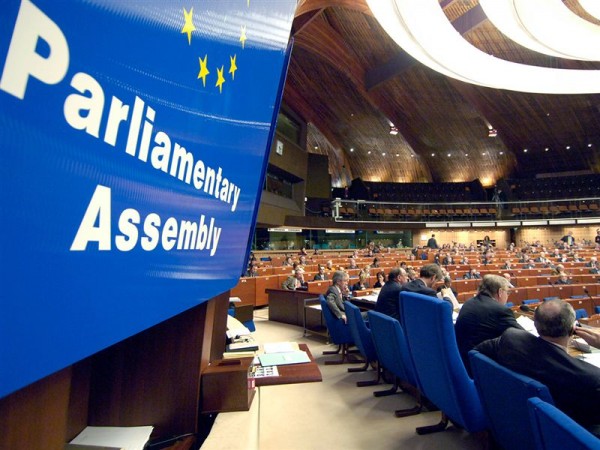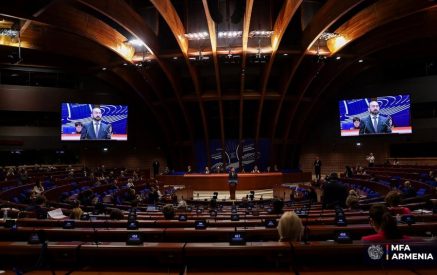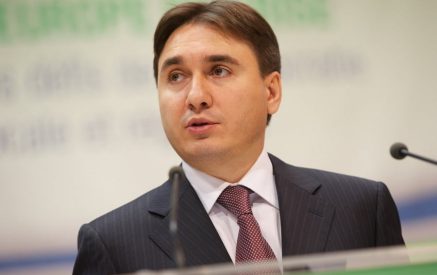“Turkey is going through a crucial moment in its political history, reshaping its constitution while coping with the consequences of the on-going state of emergency,” declared Ingebjørg Godskesen (Norway, EC) and Marianne Mikko (Estonia, SOC), co-rapporteurs for the Parliamentary Assembly of the Council of Europe (PACE), ending a fact-finding visit to the country from 9 to 13 January 2017.
“Turkey has gone through the traumatic experiences of a failed coup d’Etat on 15 July 2016, and multiple terrorist attacks on its soil. We reiterate our solidarity with the Turkish people and condemn unequivocally all forms of terrorism” said Marianne Mikko. “In this context, the Turkish authorities are today determined to conduct, as quickly as possible, and by means of a referendum, the adoption of draft constitutional amendments, which should establish a presidential regime, thus profoundly changing the political system governing Turkey” added Ingebjørg Godsekesen.
The co-rapporteurs noted that “the current voting procedure used in the Turkish parliament is crucial, and has further polarised the political parties. Secret voting, in line with the Turkish constitution, must thus be ensured. Parliamentary debates on the future constitution, which will affect Turkish citizens, should be streamed live in their entirety, including on public TV channels. In this context, we can only but recall, along with the Venice Commission, that the stripping of the immunities of 139 MPs in May 2016 was not in line with Council of Europe standards and resulted in the current detention of 12 deputies, ie. about one quarter of the opposition HDP party, including its two co-Chairs. We see no reason why we were not given permission to visit them in prison during our visit.”
“While it is the sole right of Turkish citizens to decide on their political system, it is the duty of Turkey, one of the founding members of the Council of Europe, to ensure that the revised constitution complies with Council standards.” said Ms Mikko. Ms Godseksen added that ”in this respect, we have serious concerns as to whether the current text provides sufficient checks and balances, ensures the separation of powers and guarantees the independence of the judiciary. These are cornerstones of democratic societies and are shared Council of Europe norms”.
Read also
They also discussed at length the consequences of the state of emergency – put in place following the failed coup attempt on 15 July 2016 – on human rights, democracy and the rule of law. They concluded that “holding a referendum under a state of emergency will raise serious challenges: the situation of media freedom is alarming and fundamental rights, such as freedom of assembly, are likely to be restricted. This may not be conducive to a level playing field election campaign environment.”
During their visit to Istanbul and Ankara, which was carried out in the context of the Assembly’s post-monitoring dialogue with Turkey, the co-rapporteurs had meetings with the Vice-President of the Grand National Assembly, the Minister of Education, the Deputy Ministers of Foreign Affairs and Justice, representatives of the Ministry of Internal Affairs, the Turkish delegation to PACE, members of the political groups represented in parliament, the President of the parliament’s Justice Committee, the Ombudsman, representatives of trade unions and NGOs, and the diplomatic community, representatives of the media and NGOs, academics and local authorities.
On 14 December 2016 the PACE Monitoring Committee requested an opinion from the Venice Commission – the Council of Europe’s independent body of legal experts – on the constitutional changes, to be adopted on 10-11 March 2017. The committee has also requested that the Assembly hold an urgent debate on the functioning of democratic institutions in Turkey during its forthcoming part-session (23-27 January 2017).























































